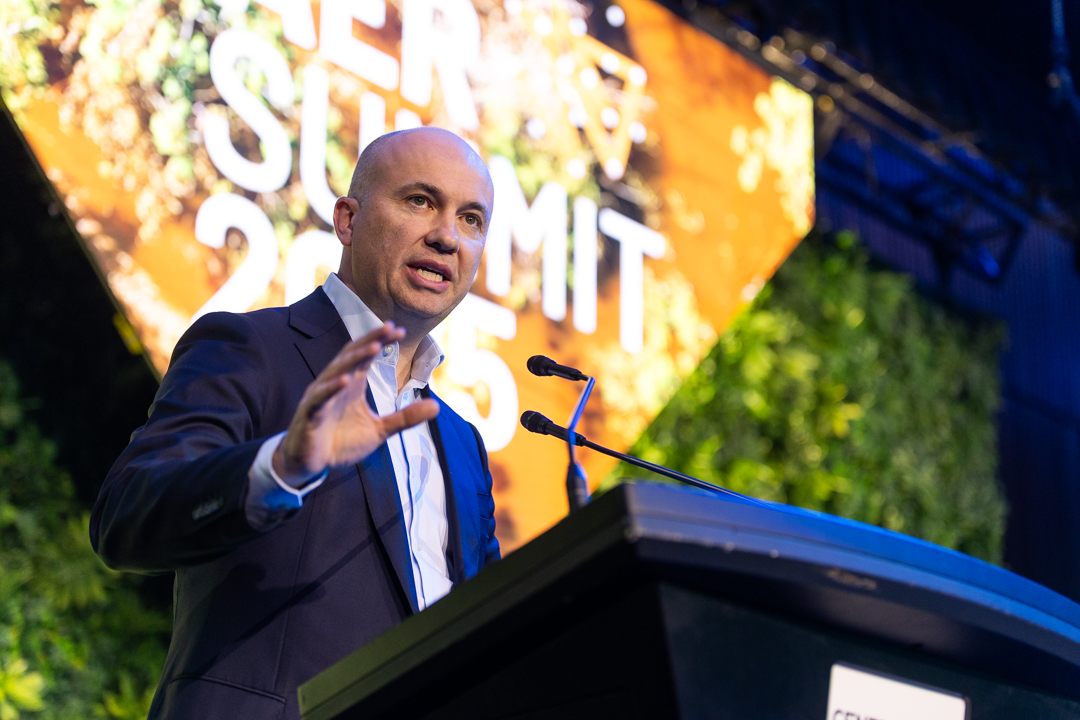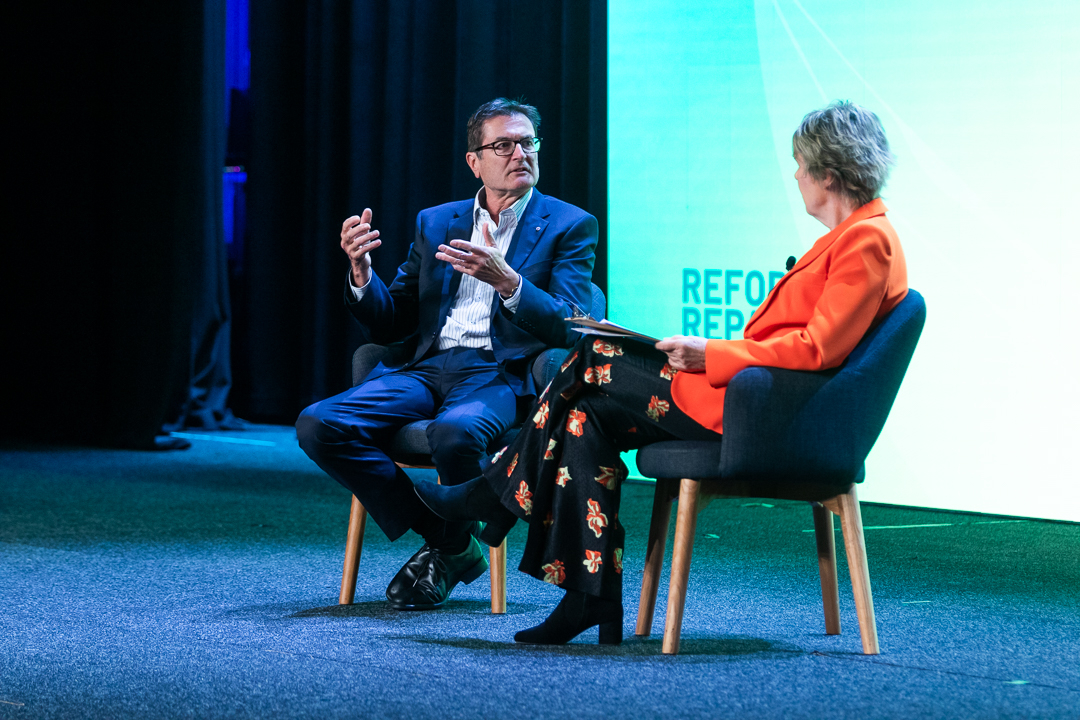Climate Change Minister Chris Bowen today reaffirmed that carbon markets have an important role to play in Australia’s efforts to fight climate change.
Minister Bowen today delivered a keynote address to the Carbon Market Institute’s Australasian Emissions Reduction Summit in Melbourne.
The Minister told the summit that those who say there is no place for a well-regulated, highly professional carbon trading system as part of Australia’s efforts to reduce and avoid greenhouse gas emissions are “ill-informed”.
The government will continue to ensure the Australian Carbon Credit Unit scheme “is fit for purpose, growing, and making a meaningful contribution to emissions reduction”, Bowen told the summit.
“I won’t pretend that carbon markets are at the forefront of the day-to-day lives of most Australians – but maintaining public confidence in these schemes is critical to genuine emissions reduction,” he said.
Bowen told delegates to “take heart from the views of the Australian people who don’t follow every nuance of this debate, perhaps, who aren’t experts in the carbon market, but say in a clear and unmistakable fashion, in their words and their actions, keep going, get on with it”.
Rigorous integrity reforms made to the ACCU scheme “are working”, the Minister added.
Minister Bowen told the summit the development of additional methods for earning high-integrity ACCUs remains a government priority.
The first of these will be a new form of the existing ACCU method for earning carbon credits from managed burns on savanna lands, he said.
The federal government released an exposure draft of the method today.
Bowen noted that managed savanna burning projects in northern Australia are reducing greenhouse gas emissions and providing revenue to Traditional Owners, which is then being invested in education on country.
“Emissions down, education funding up,” Bowen said. “It’s a good example of utilising the power of the carbon market for profound, practical and positive outcomes.”
The Minister’s endorsement of carbon markets follow similar comments by Climate Change Authority chair Matt Kean on the opening day of the summit, in which he emphasised that carbon credits have an important role to play in Australia’s push to net-zero, and can deliver significant benefits to the Australian economy.
Opposition energy spokesperson Dan Tehan told the summit that the Coalition also considers markets have an important role to play, but did not provide detail on the implications for Australia’s current market-based mechanisms.
“The Coalition has always placed as a point of principle their trust in markets to allocate resources efficiently spur innovation and deliver prosperity for all Australians,” Tehan said.
“But markets cannot function in the dark,” he cautioned. “They only work when the rules, the costs and the benefits are visible to all participants.”
“For our energy and carbon markets, that means transparency as a default.”
Cross-bench MP Monique Ryan told the summit that there’s still much to be done nationally.
“Electorates like mine are going to continue to speak strongly, and want their representative to advocate as long as possible for more ambition,” Ryan said. “And that’s what I’ll continue to do.”
Carbon Market Institute interim chief executive Kurt Winter welcomed the Minister’s commitment to carbon markets, adding that businesses need certainty “so that they can continue to invest”.
Durable policy frameworks that incorporate engagement with the carbon market “enable businesses to appropriately plan over a long-term investment horizon”, Winter said.
Winter added that completing the implementation of planned ACCU scheme reforms is crucial in order to ensure there is continued community confidence in Australia’s carbon crediting framework.
“It’s also important to ensure First Nations people and other land managers receive meaningful benefits in return for their participation in emissions abatement projects, and that these projects are leading to the right outcomes”, he added.
Winter also welcomed the focus on decarbonisation as a key element of the government’s economic reform agenda, and the Minister’s commitment to create a stable investment environment for the green transition.
The Australasian Emissions Reduction Summit concludes today, after two days of sessions exploring decarbonisation opportunities in all parts of the economy.
The summit also discussed the role of carbon markets in contributing to the important task of nature repair.



